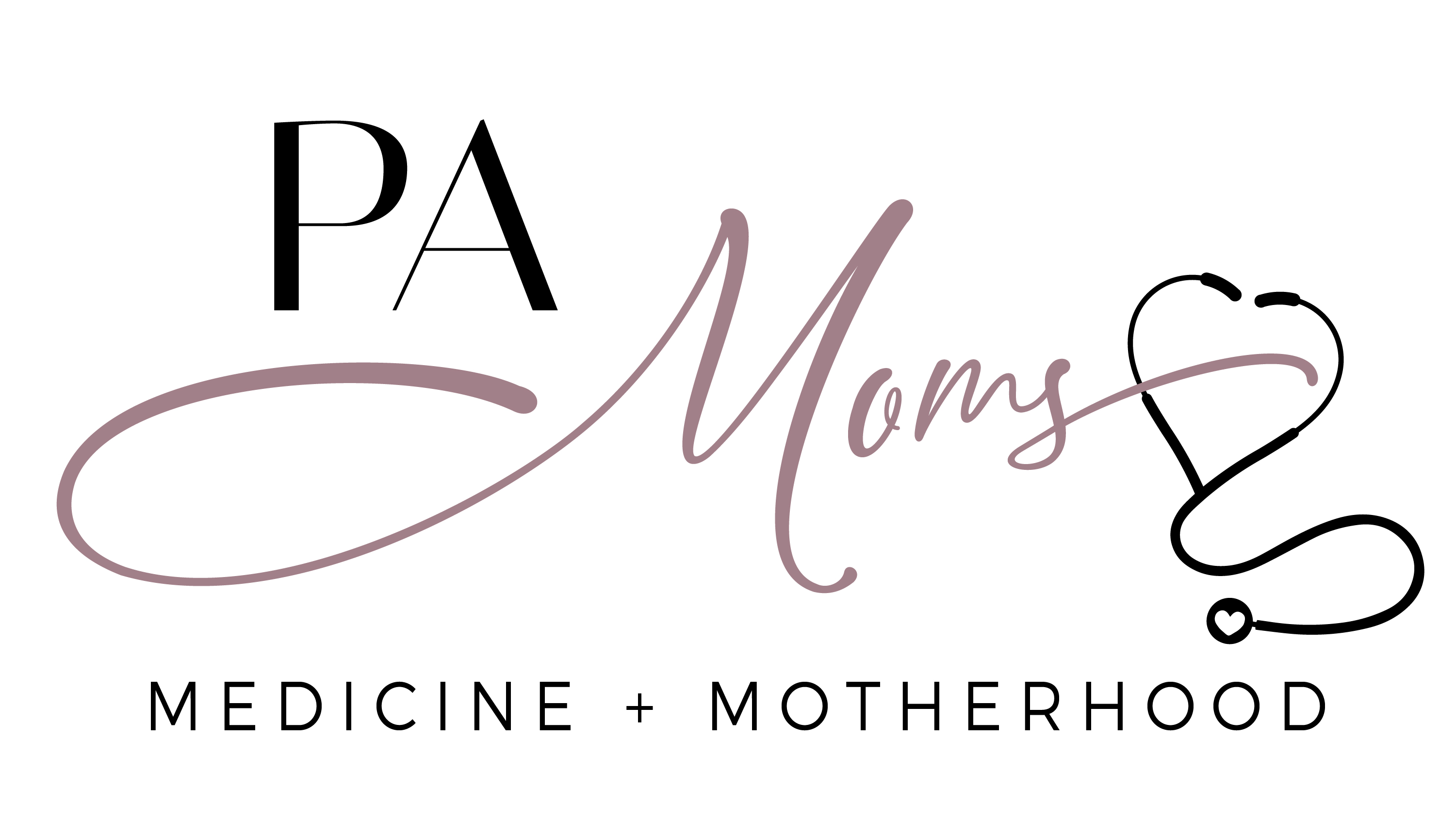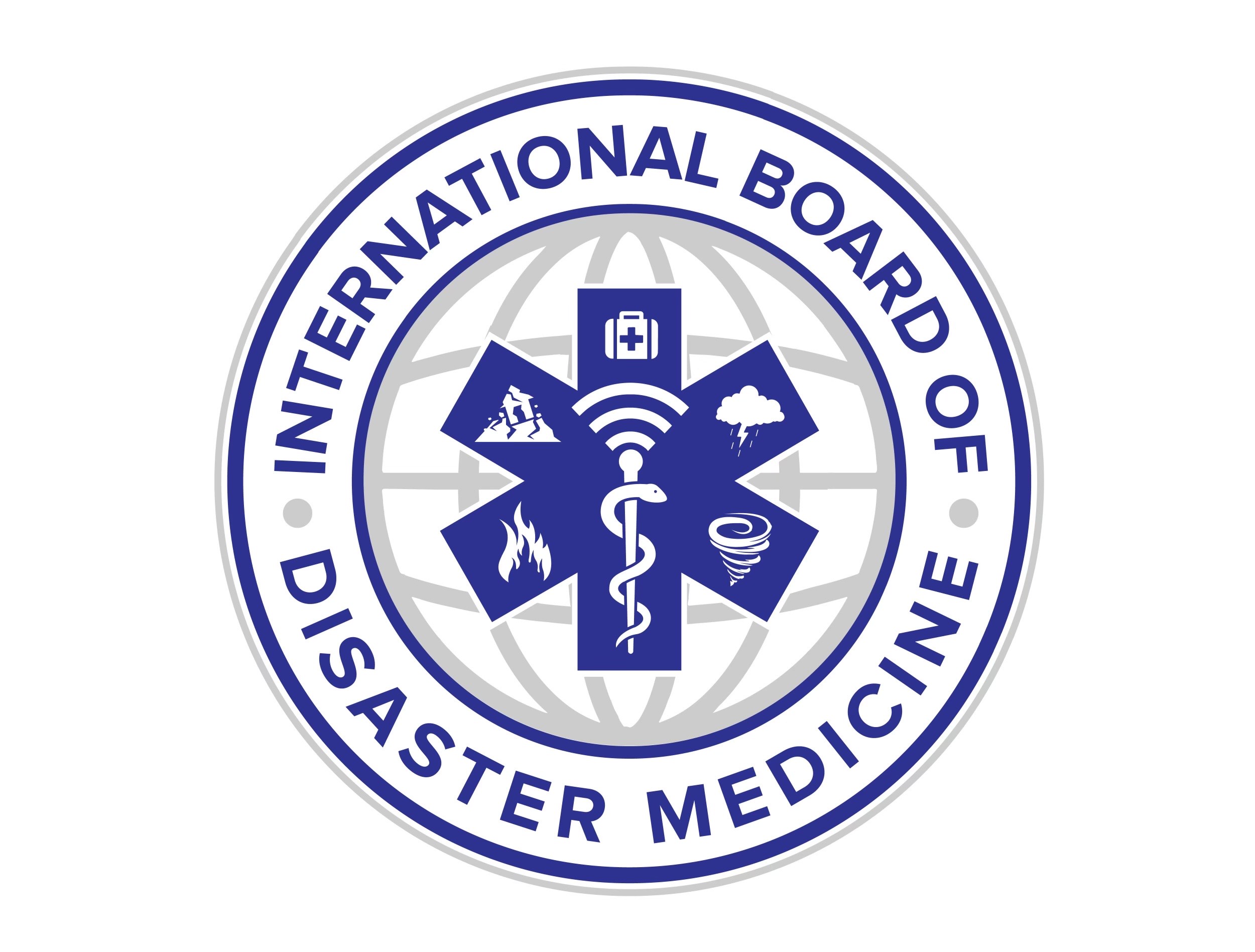Lynchburg Journal of Medical Science
Specialty
Family Medicine
Advisor
Dr. Thomas Colletti
Abstract
The purpose of this review was to investigate the use of testosterone supplementation in the middle-aged male with a focus on the pathophysiology of testosterone throughout the lifespan, current supplementation options and their adverse effects, and the overall benefit of supplementing to enhance quality of life. A comprehensive search of electronic databases was conducted identifying studies that assessed clinical outcomes, pathophysiology, supplementation options, adverse effects and benefits of treatments. The findings suggested that testosterone levels naturally decline with age with most men developing symptoms of hypogonadism around age 60. Testosterone supplementation outside of current guidelines is not recommended, however men with declining testosterone levels have reported increased fatigue, irritability, and decreased libido at younger ages. There is controversy regarding the potential of testosterone supplementation to promote negative effects on the cardiovascular system. Some studies suggested by maintaining natural testosterone levels, men can retain adequate muscle mass and exercise tolerance which can decrease the chances of developing cardiovascular disease and diabetes, therefore prolonging a healthy life. Currently, there are few studies discussing the use of supplementation in men under the age of 60 years or those without hypogonadism, which highlights the need to study the potential benefit of supplementing middle-aged men with progressively declining testosterone levels. This review explains the pathophysiology of natural testosterone decline in men and the potential for supplementation to assist with overall quality of life.
Recommended Citation
DeMilt, Gina N.
(2025)
"Testosterone Replacement Therapy in the Middle-Aged Male,"
Lynchburg Journal of Medical Science: Vol. 1:
Iss.
1, Article 5.
DOI: https://doi.org/10.63932/3067-7106.1006
Available at:
https://digitalshowcase.lynchburg.edu/jms/vol1/iss1/5
Title Page
Included in
Endocrinology, Diabetes, and Metabolism Commons, Family Medicine Commons, Internal Medicine Commons, Preventive Medicine Commons, Primary Care Commons






